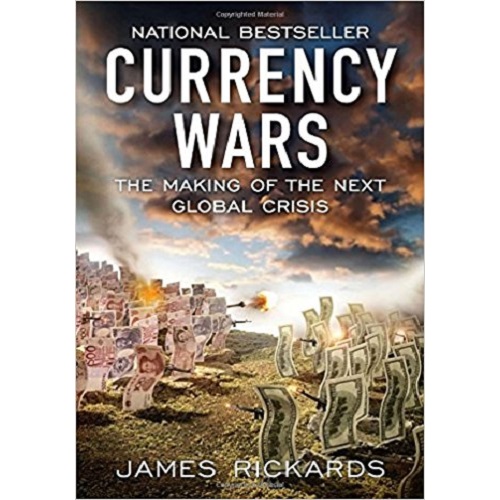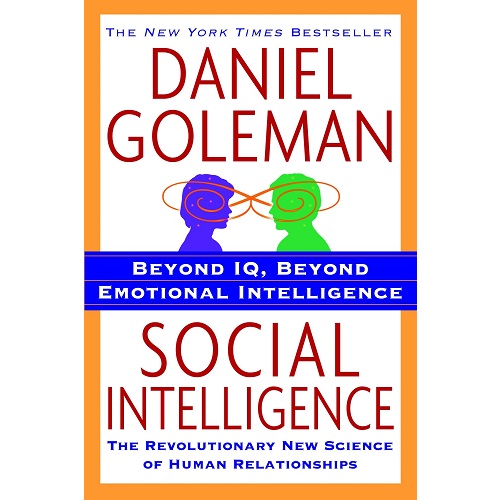-
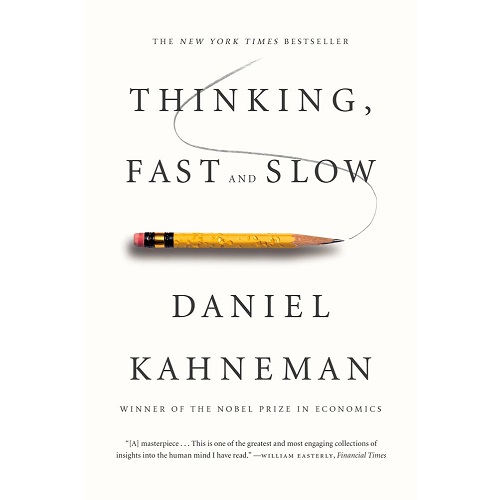
Thinking, Fast and Slow- by Daniel Kahneman
₦7,000Engaging the reader in a lively conversation about how we think, Kahneman reveals where we can and cannot trust our intuitions and how we can tap into the benefits of slow thinking. He offers practical and enlightening insights into how choices are made in both our business and our personal lives―and how we can use different techniques to guard against the mental glitches that often get us into trouble. Topping bestseller lists for almost ten years, Thinking, Fast and Slow is a contemporary classic, an essential book that has changed the lives of millions of readers.
Major New York Times bestseller
Winner of the National Academy of Sciences Best Book Award in 2012
Selected by the New York Times Book Review as one of the ten best books of 2011
A Globe and Mail Best Books of the Year 2011 Title
One of The Economist‘s 2011 Books of the Year
One of The Wall Street Journal‘s Best Nonfiction Books of the Year 2011
2013 Presidential Medal of Freedom Recipient
Kahneman’s work with Amos Tversky is the subject of Michael Lewis’s The Undoing Project: A Friendship That Changed Our MindsIn the international bestseller, Thinking, Fast and Slow, Daniel Kahneman, the renowned psychologist and winner of the Nobel Prize in Economics, takes us on a groundbreaking tour of the mind and explains the two systems that drive the way we think. System 1 is fast, intuitive, and emotional; System 2 is slower, more deliberative, and more logical. The impact of overconfidence on corporate strategies, the difficulties of predicting what will make us happy in the future, the profound effect of cognitive biases on everything from playing the stock market to planning our next vacation―each of these can be understood only by knowing how the two systems shape our judgments and decisions.
Engaging the reader in a lively conversation about how we think, Kahneman reveals where we can and cannot trust our intuitions and how we can tap into the benefits of slow thinking. He offers practical and enlightening insights into how choices are made in both our business and our personal lives―and how we can use different techniques to guard against the mental glitches that often get us into trouble. Winner of the National Academy of Sciences Best Book Award and the Los Angeles Times Book Prize and selected by The New York Times Book Review as one of the ten best books of 2011, Thinking, Fast and Slow is destined to be a classic.
-
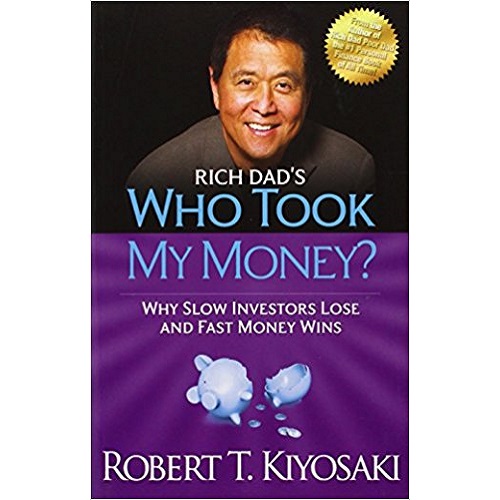
Rich Dad’s Who Took My Money?: Why Slow Investors Lose and Fast Money Wins! (Rich Dad’s)
₦1,500Learn what financial advisors don’t want you to know!
Robert’s rich dad often told him: “The faster your money moves, the higher the returns and the lower your risk.” Conventional financial wisdom recommends that you save money and invest for the long term. In other words: park your money.
That was not rich dad’s advice. He taught Robert to increase the velocity of my money. And, even if you start small, it’s advice that anyone can follow and benefit from.
-
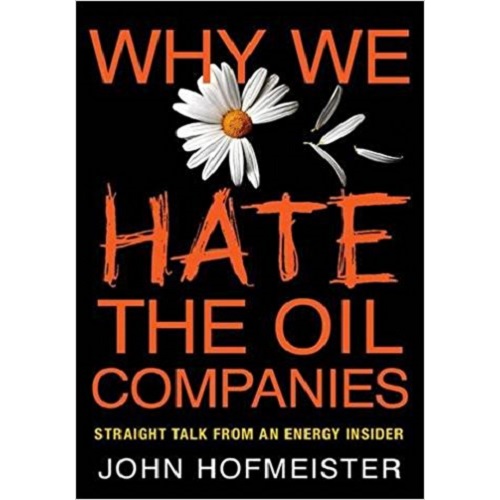
Why We Hate the Oil Companies: Straight Talk from an Energy Insider
₦3,000As president of Shell Oil, John Hofmeister was known for being a straight shooter, willing to challenge his peers throughout the industry. Now, he’s a man on a mission, the founder of Citizens for Affordable Energy, crisscrossing the country in a grassroots campaign to change the way we look at energy in this country. While pundits proffer false new promises of green energy independence, or flatly deny the existence of a problem, Hofmeister offers an insider’s view of what’s behind the energy companies’ posturing, and how politicians use energy misinformation, disinformation, and lack of information to get and stay elected. He tackles the energy controversy head-on, without regard for political correctness. He also provides a new framework for solving difficult problems, identifying solutions that will lead to a future of comfortable lifestyles, affordable and clean energy, environmental protection, and sustained economic competitiveness.
-

Why Nations Fail By Daron Acemoglu
₦5,500Why are some nations more prosperous than others? Why Nations Fail sets out to answer this question, with a compelling and elegantly argued new theory: that it is not down to climate, geography or culture, but because of institutions.
-
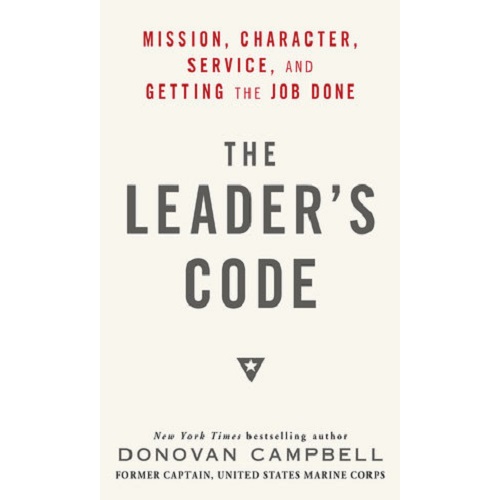
The Leader’s Code: Mission, Character, Service, and Getting the Job Done
₦4,000What does it take to be a great leader? In a word: character. This unique book by decorated U.S. Marine Corps veteran Donovan Campbell, the New York Times bestselling author of Joker One, draws on his years of training and combat experience to reveal the specific virtues that underpin effective leadership—and how anyone can stand up, serve others, and make a difference in the world by bringing out the best in a team.
The Leader’s Code is a practical action plan that can be applied to any situation in which exemplary leadership is required, whether that be at home or in the workplace. Moreover, The Leader’s Code unpacks the military servant-leader model—a leader must take care of his mission first, his team second, and himself a distant third—and explains why this concept of self-sacrifice is so needed in today’s world. Focusing on the development of character as the foundation of servant-leadership, Campbell identifies character’s six key attributes: humility, excellence, kindness, discipline, courage, and wisdom. Then, drawing on lessons from his time in the Corps and stories from history, Scripture, and American business, he shows us how to develop those virtues in order to take the helm with confidence, conviction, and a passion to bring out the best in others.Being a leader is about being worthy of being followed. True leaders, Campbell argues, foster compassion for others and they pursue excellence in all that they do. They are humble and know how to self-correct. Campbell’s exploration of these vital qualities is wide-ranging, as he takes us from the boardrooms of the world’s most successful companies to the Infantry Officer Course, the intense twelve-week training gauntlet that Marines use to prepare their leaders to sacrifice themselves for the welfare of others.
With faith in our political and business leaders at an all-time low, America is in the midst of a crisis of trust. Yet public opinion polls show that there is one institution that still commands widespread respect because of its commitment to character and sacrifice: the United States military. The Leader’s Code shows that this same servant-leader model can help us all become our best selves—and provide a way forward for our nation.
-
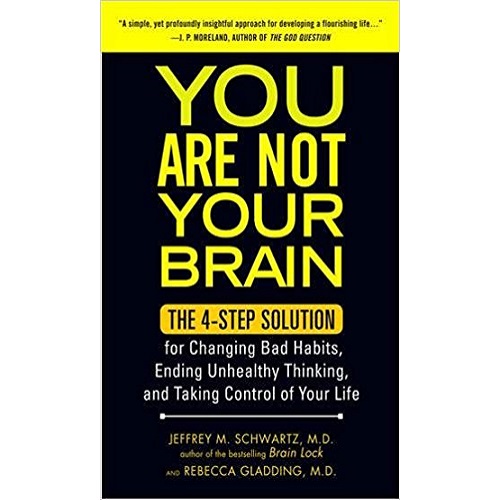
-
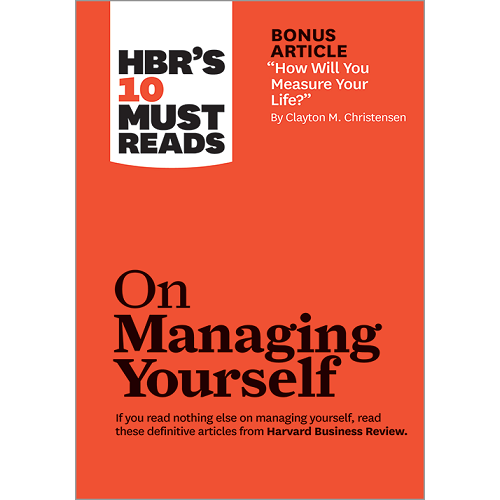
HBR’s 10 Must Reads on Managing Yourself (with bonus article “How Will You Measure Your Life?” by Clayton M. Christensen)
₦1,500The path to your professional success starts with a critical look in the mirror.
If you read nothing else on managing yourself, read these 10 articles (plus the bonus article “How Will You Measure Your Life?” by Clayton M. Christensen). We’ve combed through hundreds of Harvard Business Review articles to select the most important ones to help you maximize yourself.
HBR’s 10 Must Reads on Managing Yourself will inspire you to:
Stay engaged throughout your 50+-year work life
Tap into your deepest values
Solicit candid feedback
Replenish physical and mental energy
Balance work, home, community, and self
Spread positive energy throughout your organization
Rebound from tough times
Decrease distractibility and frenzy
Delegate and develop employees’ initiativeThis collection of best-selling articles includes: bonus article “How Will You Measure Your Life?” by Clayton M. Christensen, “Managing Oneself,” “Management Time: Who’s Got the Monkey?” “How Resilience Works,” “Manage Your Energy, Not Your Time,” “Overloaded Circuits: Why Smart People Underperform,” “Be a Better Leader, Have a Richer Life,” “Reclaim Your Job,” “Moments of Greatness: Entering the Fundamental State of Leadership,” “What to Ask the Person in the Mirror,” and “Primal Leadership: The Hidden Driver of Great Performance.”
-
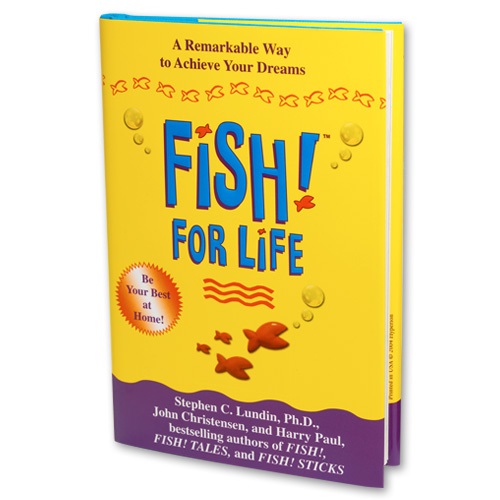
Fish! For Life: A Remarkable Way to Achieve Your Dreams Hardcover
₦2,500A Remarkable Way to Achieve Your Dreams
There’s a new FISH! in the pond! Here’s a brilliant parable for everyone who wants to lead a fuller, happier life illions of business people have already used the bestselling FISH! books to improve the way they work. Now, the authors turn their attention to life’s daily personal challenges, helping readers deal with them simply and effectively.
By applying the FISH! principles of Play, Make Their Day, Choose Your Attitude, and Be Present, FISH! for Life shows readers how to confront life’s issues and to reach their full potential. With advice on such life issues as weight loss, personal finance, and relationships, the book is a road map for achieving personal happiness and well-being in all areas of life. After all, life shouldn’t be work.
-

Inside ISIS: The Brutal Rise of a Terrorist Army
₦5,000Despite numerous warnings from intelligence services, ISIS’s rise to power has left countries around the world floundering for solutions. Today, we face a threat that is more violent, powerful and financially stronger than ever before. In this book, Journalist Benjamin Hall will provide insights by answering the basic questions we still don’t have the answers to; Who are they? Where did they come from? How are they so successful, so quickly? How can they be stopped?
By embedding himself behind enemy lines, Hall provides a riveting narrative based on firsthand experience and personal interviews. He goes beyond the vicious jihadis, to reveal a generation of chaos, and uncover a volatile region engulfed in turmoil. Hall reveals why ISIS is a problem that will define the Middle East – and the West – for decades to come.
-
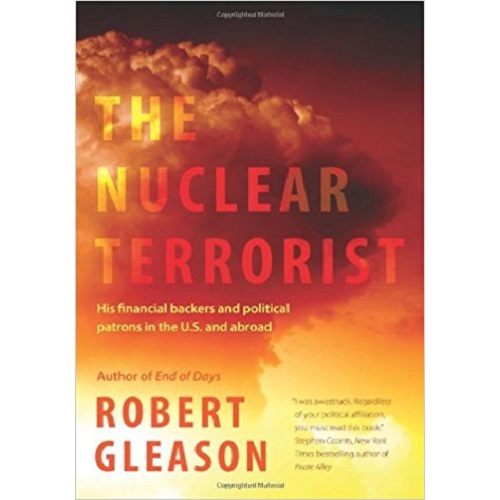
The Nuclear Terrorist: His Financial Backers and Political Patrons in the US and Abroad
₦5,000The threat of nuclear terrorism and weapons of mass destruction has never been greater, yet, as this devastating exposé makes clear, America’s leaders, including the last two Presidential administrations, have been shockingly lax and often chillingly reckless when it comes to protecting the United States―and the world―from the spreading threat of nuclear proliferation and the very real possibility that terrorists will stage a nuclear bombing or meltdown on American soil . . . with catastrophic results.
Taking no prisoners, Robert Gleason’s The Nuclear Terrorist demonstrates how time and again both the Bush and Obama administrations have placed politics and profiteering over public safety; how the government has failed to effectively guard and regulate a “peaceful” nuclear industry that is both cataclysmically expensive and apocalyptically dangerous; how America’s nuclear power plants remain vulnerable to both physical and cyber attacks; and how our elected leaders and their advisors continue to do business with rogue states, untrustworthy and unstable “allies,” and terrorist backers, while turning a blind eye to the all-but-inevitable consequences of such deals with the devil.

